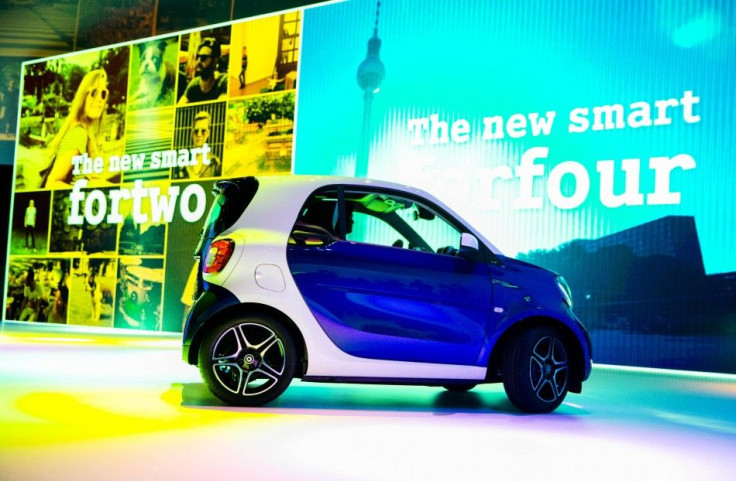Smart Car Seats Alert Drivers if They Are Sleepy
The Seats Senses The Heart Rate of The Driver

Drivers are always warned to stay alert; even a brief diversion in focus can lead to mishaps and long drives can be strenuous at times. But now you don't have to worry about dozing off while driving, the new smart car seats will alert you when you do. The researchers at the Nottingham Trent University, UK have developed a car seat which can detect when a driver is feeling drowsy and alert him immediately.
Working closely with the Plessey Semiconductors, a UK company are two professors, Tilak Dias and William Hurley of the university's Advanced Textile Research Group. They are examining the feasibility and the possibilities of integrating a sensor system into the fabric of the seat, it would be a life saving device for any person behind the wheel.
The system is unique, it is an Electrocardiogram sensor that detects if the driver is losing concentration or alertness depending on his heart signals. The researchers are working on embedding a fabric based sensor system within the seat. Once the sensor detects a loss in alertness depending on the data, it would immediately signal the driver to pull over. In case the warning is ignored or looked over by the driver the system is such that it will activate the active cruise control system or the lane departure technology to prevent accidents. It is even capable of sending the information to a control centre over a wireless network, for further action to be taken.
Dias said that the UK Company Plessey had already demonstrated how cardiac signals could be measured unobtrusively using capacitive sensors mounted within the driver's seat. "The requirement now is to improve the consistency and reliability of the data so that it can be used for the intended purpose," he said.
He emphasised on the requirement of a fresh, new approach to the design electrodes, suggesting that the use of conductive textile technology would have the potential "to produce robust electrodes that can be easily incorporated into automotive seats."
It will quite interesting to see how the project turns out.




















